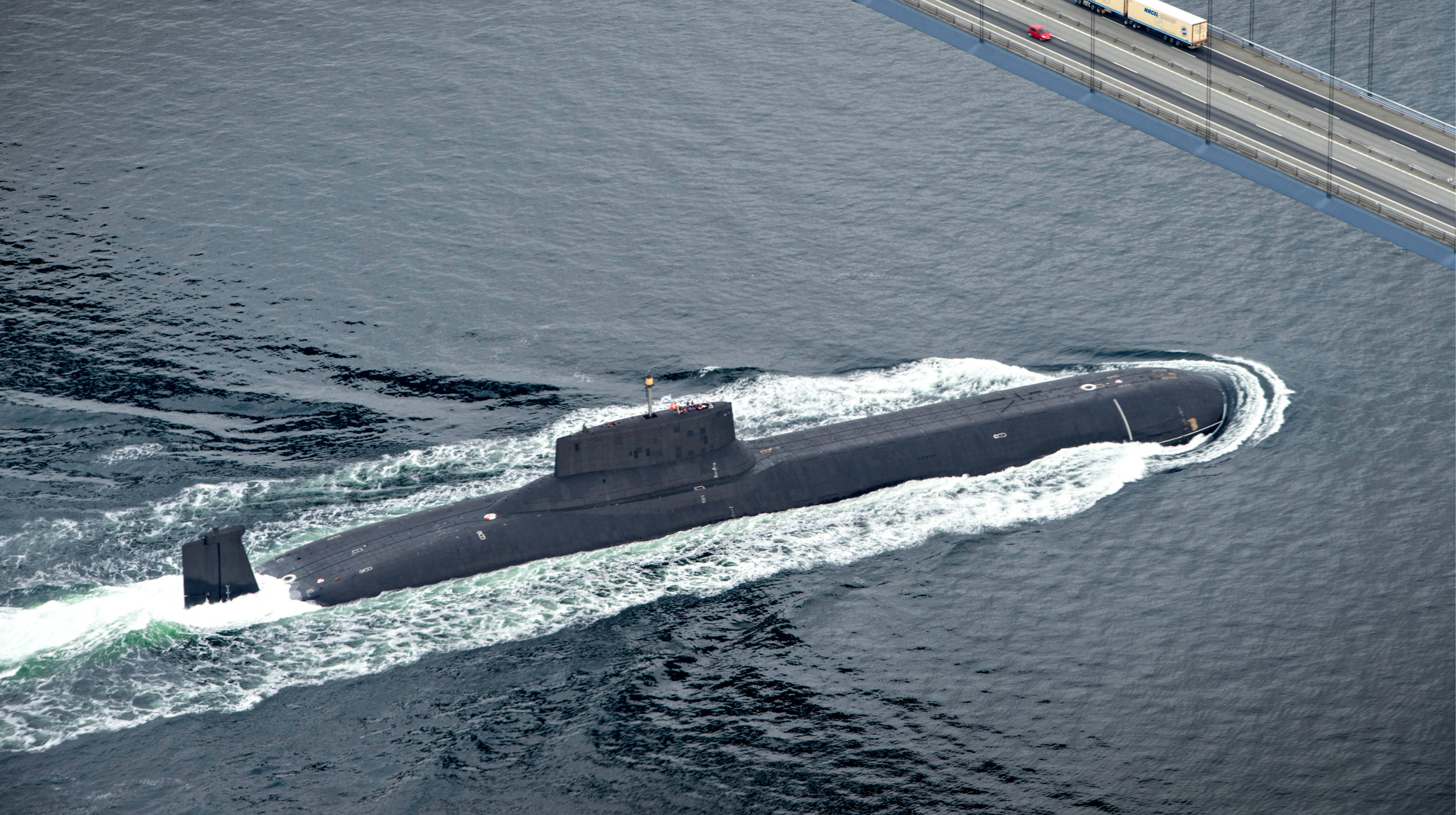“ According to the Russian Secrets investigation by The Times, the International Consortium of Investigative Journalists (ICIJ) and 11 other publications, a network linked to Russian intelligence enlisted British companies to unwittingly help build Russian Arctic submarines for nearly a decade. Source: “European Truth” with reference to The Times Details: According to leaked documents, the procurement network circumvented sanctions and export controls to purchase sensitive underwater technology and research vessels from Europe, the United States, Canada and Japan worth more than 50 million euros between 2014 and 2024. It has bought more than £1m worth of British-made high-tech components such as sensors and remote-controlled vehicles, which have helped create a Russian early warning system that detects NATO submarines in the Arctic Ocean and protects Russian nuclear weapons. Among the British equipment sold was an unmanned aerial vehicle used for surveying and laying cables, as well as a state-of-the-art sound sensor suitable for “hydrographic reconnaissance operations”. The Cypriot company Mostrello Commercial Ltd, which was at the center of the network and purchased more than $50 million worth of sensitive equipment, was sanctioned by the US Treasury Department in 2024 as part of a crackdown on companies that supported the Russian military-industrial complex. The company was part of a network that “laid cables for the Russian government,” according to US sanctions documents. Alexander Shnyakin, a Russian-Kyrgyz businessman who ran Mostrello Commercial Ltd, was sentenced in September by a German court to four years and ten months in prison after being found guilty of selling sensitive military technology to Russia through his company. German prosecutors said the company was a front for a Russian procurement network aimed at equipping Russia’s Project Harmony underwater intelligence program, a network of underwater microphones, sonar and other technology designed to detect NATO submarines entering the Arctic. There is reason to believe that at least part of the network was close to the Russian special services. The revelations prompted calls for the Department for Business and Trade (DBT) to crack down on attempts to circumvent the UK’s sanctions regime. In response to the inquiry, Emily Thornberry, chair of the foreign affairs committee, said: “A sanctions regime is only as good as how well it is applied. A robust sanctions regime must be able to withstand sophisticated attempts to circumvent it, otherwise it is pointless. We should not be afraid to knock down the door if necessary to ensure the rules are taken seriously.” Background: Earlier, a German court decided to initiate criminal proceedings against two former executives of the German engineering giant Siemens, who are accused of violating sanctions by facilitating the export of gas turbines to the Russian-occupied Crimea. Last year in Nuremberg, Germany, customs officials detained a citizen of the Russian Federation, who is suspected of evading sanctions.”, — write: www.pravda.com.ua
Source: “European Truth” with reference to The Times
Details: The procurement network bypassed sanctions and export controls to purchase sensitive underwater technology and research vessels from Europe, the US, Canada and Japan worth more than €50 million between 2014 and 2024, according to leaked documents.
Advertising:
It has bought more than £1m worth of British-made high-tech components such as sensors and remote-controlled vehicles, which have helped create a Russian early warning system that detects NATO submarines in the Arctic Ocean and protects Russian nuclear weapons.
Among the British equipment sold was an unmanned aerial vehicle used for surveying and laying cables, as well as a state-of-the-art sound sensor suitable for “hydrographic reconnaissance operations”.
The Cypriot company Mostrello Commercial Ltd, which was at the center of the network and purchased more than $50 million worth of sensitive equipment, was sanctioned by the US Treasury Department in 2024 as part of a crackdown on companies that supported the Russian military-industrial complex. The company was part of a network that “laid cables for the Russian government,” according to US sanctions documents.
Alexander Shnyakin, a Russian-Kyrgyz businessman who ran Mostrello Commercial Ltd, was sentenced in September by a German court to four years and ten months in prison after being found guilty of selling sensitive military technology to Russia through his company.
German prosecutors said the company was a front for a Russian procurement network aimed at equipping Russia’s Project Harmony underwater intelligence program, a network of underwater microphones, sonar and other technology designed to detect NATO submarines entering the Arctic.
There is reason to believe that at least part of the network was close to the Russian special services.
The revelations prompted calls for the Department for Business and Trade (DBT) to crack down on attempts to circumvent the UK’s sanctions regime.
In response to the inquiry, Emily Thornberry, chair of the foreign affairs committee, said: “A sanctions regime is only as good as how well it is applied. A robust sanctions regime must be able to withstand sophisticated attempts to circumvent it, otherwise it is pointless. We should not be afraid to knock down the door if necessary to ensure the rules are taken seriously.”
Prehistory:
- Earlier, a German court decided to open criminal proceedings against two former managers of the German machine-building giant Siemens, who are accused of violating sanctions by facilitating the export of gas turbines to the Russian-occupied Crimea.
- Last year in Nuremberg, Germany, customs officials detained a citizen of the Russian Federation, who is suspected of evading sanctions.
